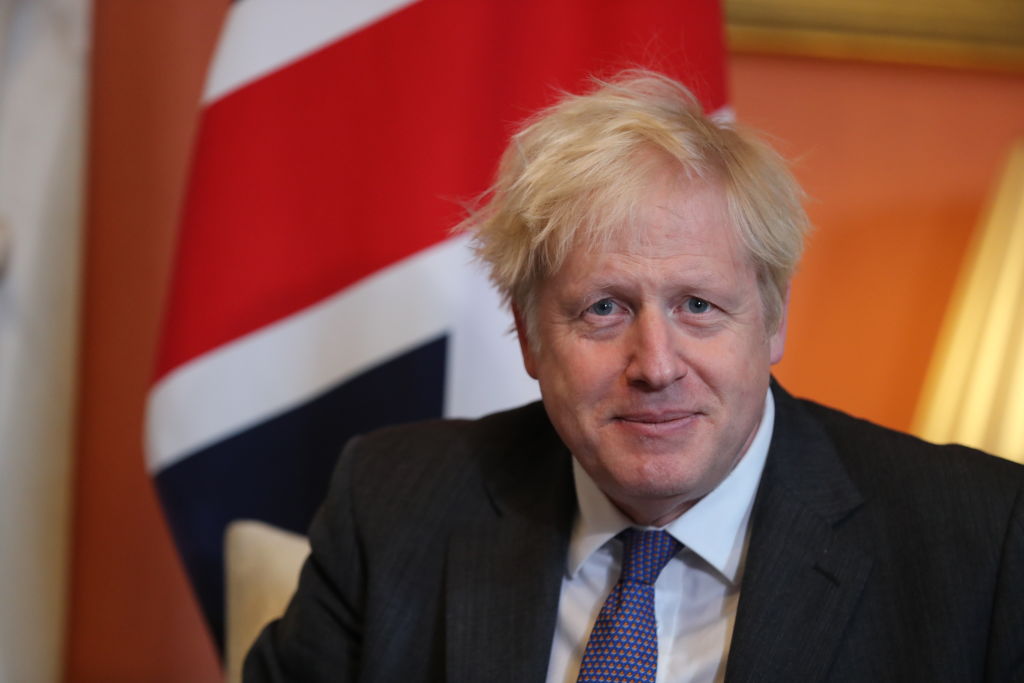The negotiations are still underway in Brussels. But both the UK and the EU are now talking far more openly about no deal. The EU published its contingencies plans earlier and Boris Johnson has just met with the Cabinet and released a clip saying he has told them to ‘get on and make those preparations’ for leaving without a trade deal.
Johnson’s argument is that he can’t sign the deal that is currently on the table because of the EU’s demands on the level playing field and fish. He complained that ‘whatever new laws they brought in we would have to follow or else face punishment, sanctions, tariffs or whatever.’ This is the problem of the so-called ratchet clause.
As I say in the Times, the EU wants a system where if it tightens its regulations in an area and the UK does not follow suit, it can unilaterally impose tariffs. There would be no need for the EU to show that the UK’s different standards were distorting trade before the EU acted. But the UK would not be able to hit back. The text proposed by the EU would block this country from responding to measures that it thought were unfair or disproportionate with its own tariffs.
It is hard, as Johnson argues, to see how the UK could agree to a system where the EU can act as judge and jury and then unilaterally disarm the UK to prevent it from responding.
There is, though, a potential solution to this problem. In this scenario, the EU could still have the right to respond if it increased regulations and the UK didn’t follow. It would, though, not be able to do this automatically. Rather, it would have to go to arbitration and show that the different standards were having a material effect. This would deal with the EU’s medium-term concern about the UK trying to undercut it while maintaining zero tariff, zero quota access to its market. But it would also reassure the British side that it could not be subject to capricious actions by Brussels every time the EU introduced a relatively minor change.
If this issue could be fixed, then resolving the fishing question might become more doable. But, as of yet, there are no signs that the negotiators are making progress and time is running short.







Comments